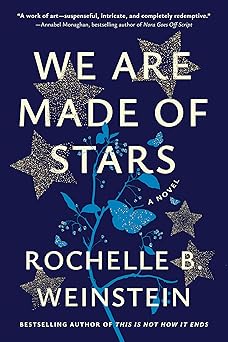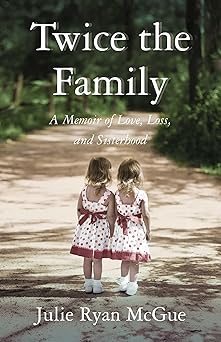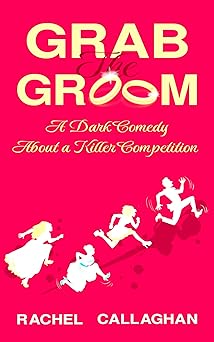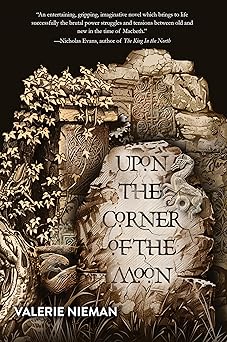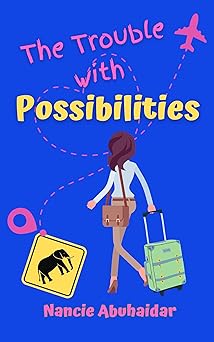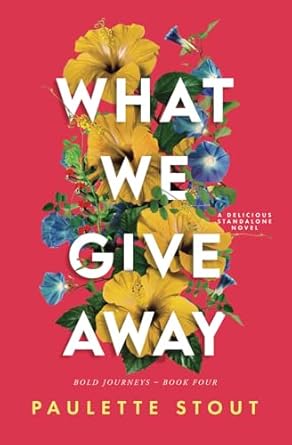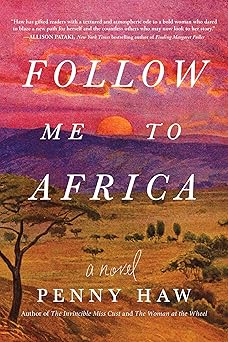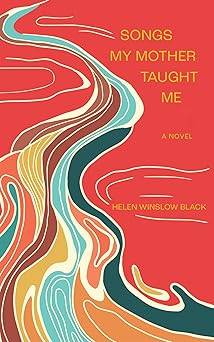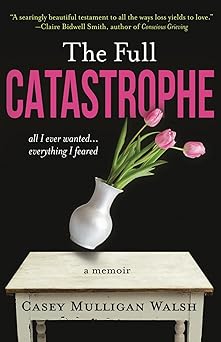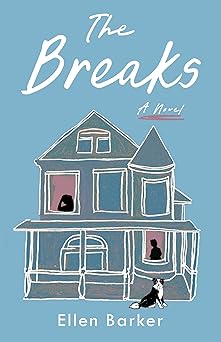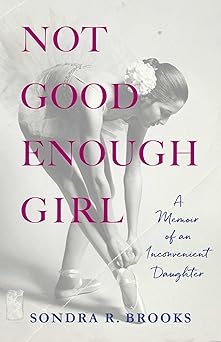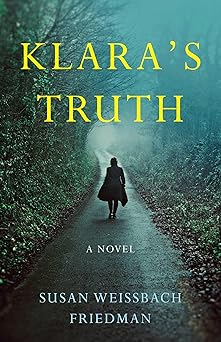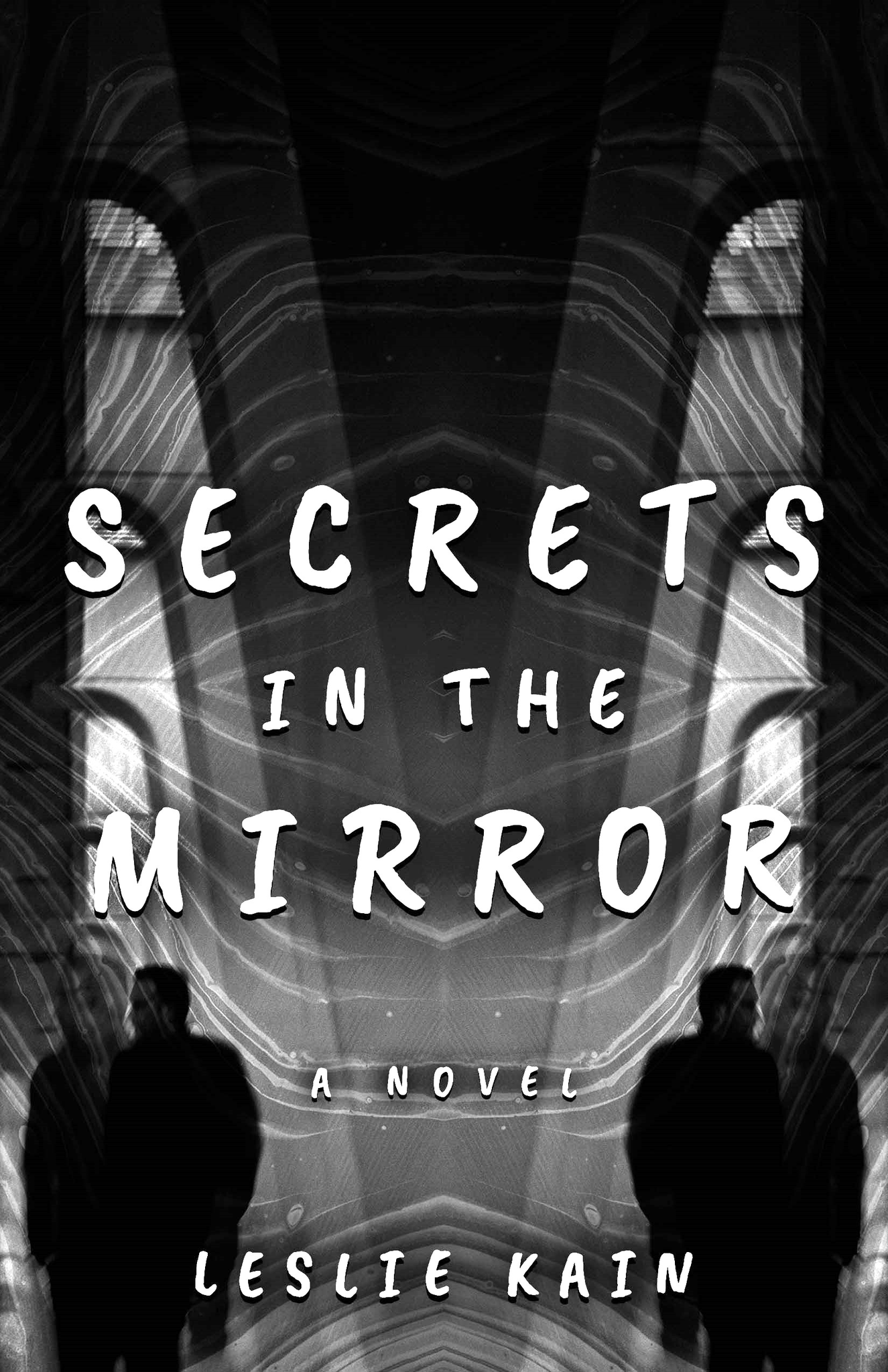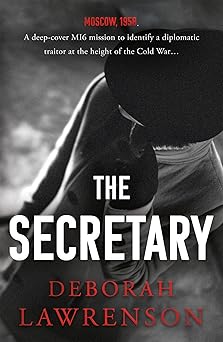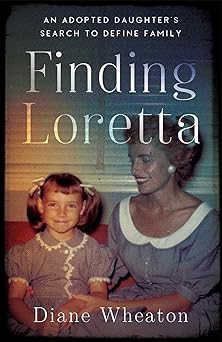The Long and Winding Road of Inspiration: Suzanne Parry
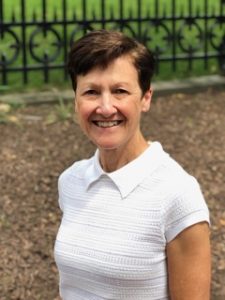 The Long and Winding Road of Inspiration
The Long and Winding Road of Inspiration
Suzanne Parry, author of Lost Souls of Leningrad
Inspiration is a funny thing. Sometimes it strikes fast and hard. You stop what you’re doing and grab a pen, a scrap of paper, and rush to get the precious idea recorded. But there’s another kind of inspiration. A slow burn, a nagging itch, an annoying but hard to find pebble in your shoe. That was the impulse for my debut novel.
I was raised in a house full of books—a magnificent pre-Civil War-era farmhouse with entire walls filled with sagging shelves. I devoured books. My favorite days were when the Scholastic Book orders arrived. But my permanent love affair with language didn’t lead to writing a novel for many years.
In the late 1970s, I spent a college semester in the Soviet Union. The Cold War was raging, but US-Soviet relations seemed positively hopeful compared to today. Our group of Americans and Canadians lived in a hotel for foreign students near Moscow State University and every day took classes at a small language institute. In our free time we explored the city, hoping to meet locals. Muscovites were eager to talk to us. Some seemed to want nothing more than to practice their English. With others, it felt that they were drawn to us but also feared making friends with Americans. It seemed a balancing act. And there were the fearless ones who were willing to take their chances with the consequences of getting close to a foreigner. The desire to learn about life outside the Soviet Union outweighed the possible threat. Several brave individuals invited us to their communal apartments where we ate and drank and sang. And when the talk turned to something controversial, the radio was turned on so we couldn’t be heard. The hesitancy, the calculus of risk, and the fear underlying our interactions fascinated me.
During those months in the USSR, a trip to Leningrad brought me face-to-face with the nation’s World War II history and suffering. Not far from the central city is the Piskaryovskoye Memorial Cemetery where nearly 500,000 of the one million civilian casualties of the Siege of Leningrad are entombed. Nazi Germany blockaded Leningrad from September 1941 until January 1944 and starved the population. By way of comparison, more civilians are buried in that single cemetery than the total number of Americans who died during all of World War II.
I stood at the cemetery entrance looking out on the long, broad stone pathway with flower beds down the center. At the far end was a huge bronze Soviet-style sculpture of the Motherland. On both sides lay rows and rows of large, rectangular mass graves. It was quiet, somber, and deeply moving. Upon my return to the US, feeling graced by freedom and somewhat stunned by what I learned about the Soviet war experience, I scribbled some reflections. At the bottom of the page, I penned the words “write a book.” A tiny stone of inspiration had lodged in my shoe.
After graduate school, I worked at the Pentagon where I helped negotiate the first international security agreement of the Gorbachev era. I interacted with Soviet diplomats, military officers, and bureaucrats—officials who couldn’t have been more different from the ordinary people I had met in Moscow seven years earlier. In fact, the only thing the two groups seemed to share was a fear of their government. In Moscow, people on the street were anxious to befriend me; at the Stockholm Conference, Soviet diplomats were far more reserved and tight-lipped. They maintained a cool distance and rarely said anything personal. They never thought outside the box. They were part of the top-down, lethargic, but still fearsome, Soviet bureaucracy. I made another trip to the Soviet Union while living in Sweden and went a second time to that Leningrad cemetery. I thought again about World War II and about being afraid of one’s own government.
Over the next decades, my life took some monumental turns. My marriage ended, I raised a large family, taught a few university courses, became a dedicated distance runner, and coached high school athletes. There were times when change seemed the only predictable thing in my life. So, when I found myself at yet another inflection-point six years ago, I was unafraid of embracing something new. For a few months, I wasn’t sure where I was headed or what I wanted. It all came together on a visit to my childhood home. I found the scribbled notes from my first trip to the USSR. The words “write a book” propelled me to consider what I had to say about the Soviet Union, World War II, and the ways authoritarian governments oppress their people. My debut novel, Lost Souls of Leningrad, is the result of that long, strange journey with inspiration.
—
Suzanne Parry’s interest in the Soviet Union began in college. As an undergraduate, she studied Russian in Moscow. After earning a master’s degree from Princeton University, she joined the US Department of Defense and worked as an arms control specialist at the Pentagon, where
she helped negotiate the Conference on Disarmament in Europe, the first security agreement of the Gorbachev era.
Suzanne went on to raise a large family (requiring its own negotiating skills), teach university, and move to several different countries. She landed in Portland, Oregon, where she coached high school cross-country and track before embarking on a writing career.
A committed runner, she has completed several dozen marathons, including the fifty-six-mile Comrades Marathon in South Africa. She now divides her time between Portland and Washington, DC. When not writing, running, or planning her next travel adventure, she enjoys
time with her adult children and grandchildren.
LOST SOULS OF LENINGRAD
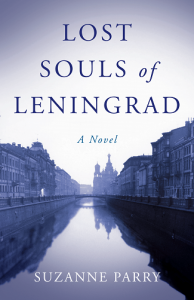 June 1941. Hitler’s armies race toward vulnerable Leningrad. In a matter of weeks, the Nazis surround the city, cut off the food supply, and launch a vicious bombardment. Widowed violinist Sofya Karavayeva and her teenage granddaughter, Yelena, are cornered in the crumbling city.
June 1941. Hitler’s armies race toward vulnerable Leningrad. In a matter of weeks, the Nazis surround the city, cut off the food supply, and launch a vicious bombardment. Widowed violinist Sofya Karavayeva and her teenage granddaughter, Yelena, are cornered in the crumbling city.
On Leningrad’s outskirts, Admiral Vasili Antonov defends his homeland and fights for a future with Sofya. Meanwhile, Yelena’s soldier fiancé transports food across the Ice Road—part of the desperate effort to save Leningrad. With their help, the two women inch toward survival, but the war still exacts a steep personal price, even as Sofya’s reckoning with a family secret threatens to finish what Hitler started.
Equal parts war epic, family saga, and love story, Lost Souls of Leningrad brings to vivid life this little-known chapter of World War II in a tale of two remarkable women—grandmother and granddaughter—separated by years and experience but of one heart in their devotion to each other and the men they love. Neither the oppression of Stalin nor the brutality of Hitler can destroy their courage, compassion, or will in this testament to resilience.
Buy HERE
Category: On Writing




